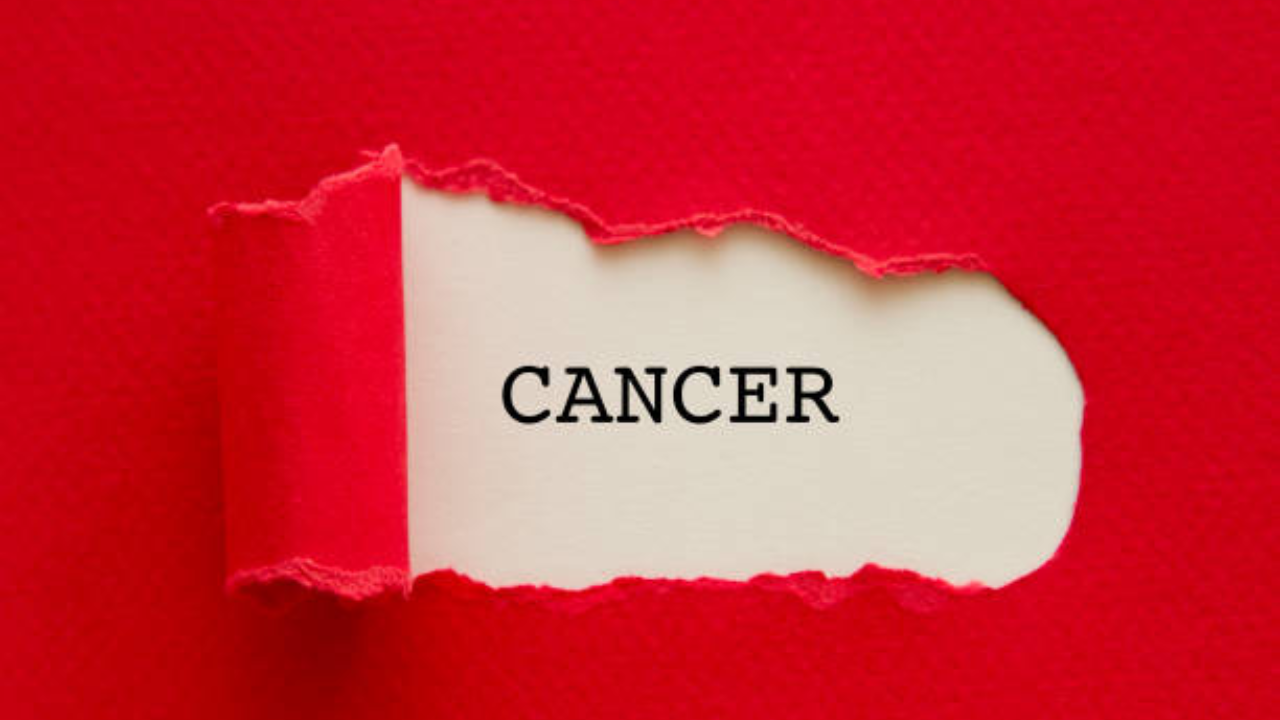Cancer deaths represent a global health challenge, claiming millions of lives annually. Despite advances in research and treatment, various factors such as late-stage diagnosis and limited access to healthcare contribute to the high mortality rates. Raising awareness, promoting early detection, and enhancing healthcare accessibility are crucial in mitigating the impact of cancer-related deaths worldwide. The need for proactive healthcare measures including regular healthcare screenings and check ups is extremely crucial in the direction of successful cancer prevention.
Early detection: A cornerstone in cancer prevention
Early detection remains paramount in the fight against cancer. Regular screenings, tailored to individual risk factors, enable the identification of abnormalities at an early, often more treatable stage. Where diverse genetic and lifestyle factors contribute to varying cancer risks, personalized screenings become indispensable.
Breast cancer screenings: Mammography and beyond
For women, breast cancer screenings, including mammography and clinical breast exams, play a pivotal role. The prevalence of breast cancer necessitates regular examinations, facilitating early detection and improved outcomes. Tailoring screening intervals based on individual risk factors enhances the effectiveness of preventive measures.
Cervical cancer screenings: Pap smears and HPV testing
Cervical cancer, linked to persistent human papillomavirus (HPV) infection, is a significant concern. Routine Pap smears and HPV testing offer a proactive approach to detect abnormalities in cervical cells, allowing for timely intervention and reducing the burden of cervical cancer in the population.
Colorectal cancer: Colonoscopies and fecal occult blood tests
Colorectal cancer screenings, particularly colonoscopies and fecal occult blood tests (FOBT), are instrumental in identifying precancerous polyps or early-stage cancers. With dietary habits influencing colorectal cancer risk, regular screenings provide a strategic means of prevention.
Lung cancer screenings: CT scans for high-risk individuals
Given the rising prevalence of lung cancer, particularly among smokers, low-dose computed tomography (CT) scans for high-risk individuals are a vital preventive measure. Targeting high-risk populations in India through regular screenings holds promise in mitigating the impact of lung cancer.
In India’s diverse healthcare landscape, the proactive adoption of regular screenings emerges as a linchpin in cancer prevention. By embracing tailored screening protocols for breast, cervical, colorectal, and lung cancers, we forge a path towards early detection and intervention.
Breast Cancer: Early signs of the disease one must never ignore
(Author: Dr. Prahalad Elamarthi, Consultant – Medical Oncology, Narayana Health City, Bangalore)


